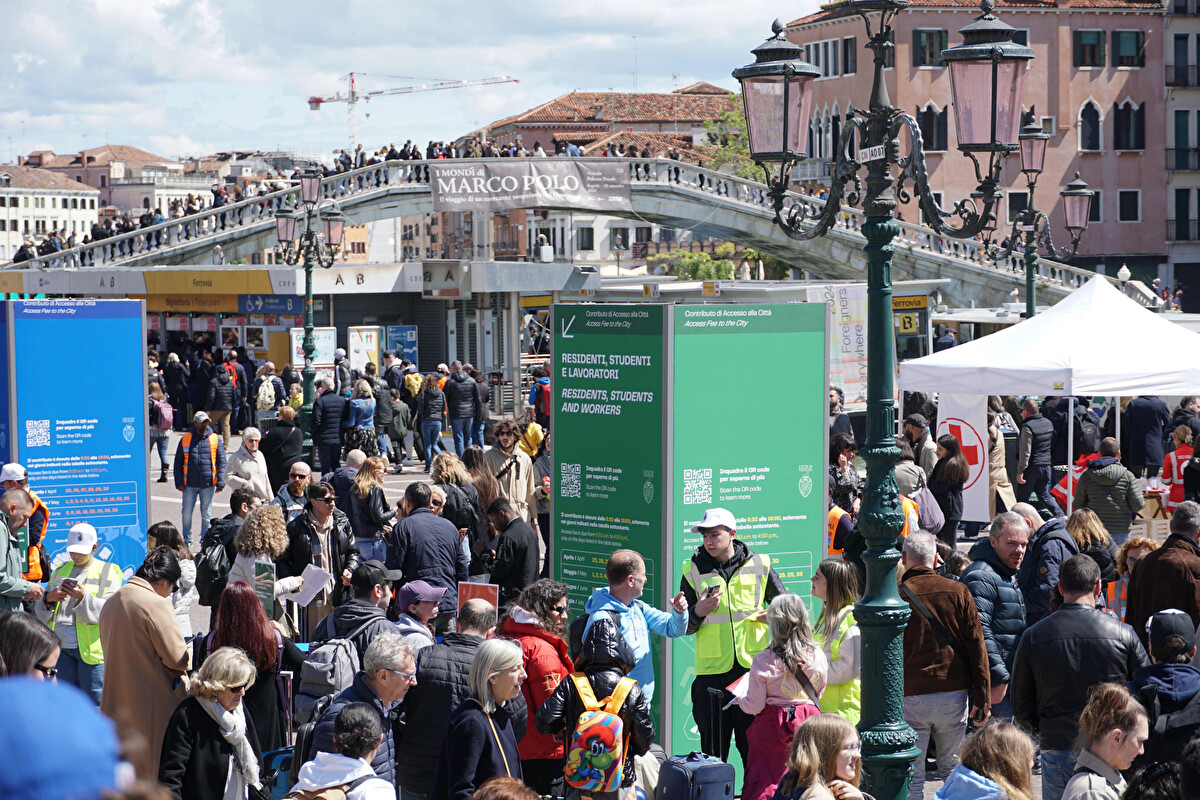In the heart of London, amidst the chaos of the ongoing Gaza conflict, a group of influential figures from the Middle East, Europe, and the United States convened to chart a future for the war-torn region. Despite the ongoing conflict, the meeting focused on transforming Gaza from a symbol of strife to a thriving Mediterranean commercial hub. Chris Choa, a key participant and urban development expert, stressed, “We are proposing to connect Gaza to the world over the long term.”
The group, known as Palestine Emerging, gathered in a conference room with a singular, albeit ambitious, goal: to rebuild Gaza’s economy through major infrastructural projects including a deepwater port and a desalination plant. The aspiration is to catalyze Gaza into a center for trade, tourism, and innovation, fostering a new middle class in the process.
Mohammed Abukhaizaran, a board member of the Arab Hospitals Group, emphasized the dual focus of the initiative: immediate humanitarian aid and long-term economic planning. “As soon as the war started, my team and I started developing a plan to build a facility in Gaza as soon as the war ends,” he said..
The plans devised are monumental, not just in vision but also in the requisite funding and political cooperation needed. With Gaza’s infrastructure devastated by conflict and its economy crippled, the estimated cost for rebuilding stands at a staggering $18.5 billion. The World Bank and the United Nations reported that half of Gaza’s population is on the brink of famine, intensifying the imperative for immediate action and long-term solutions.
A senior official from an international funding agency, preferring anonymity, mentioned the World Bank’s interest in the plan, recognizing it as “a useful contribution toward a strategy that could generate jobs in Gaza by integrating the territory into the global economy.” This sentiment underscores the broader goal of diminishing support for extremist factions through economic upliftment.
However, substantial hurdles remain. The political landscape is fraught with challenges, including the stance of Israel’s Prime Minister Benjamin Netanyahu against the potential governance roles for the Palestinian Authority. Furthermore, engaging investors remains complex, given the volatile environment and historical reluctance of potential funders like Gulf countries to commit financially.
Chris Choa, reflecting on his extensive career and the ongoing challenges, articulated a poignant caution: “Temporary tends to become permanent very quickly.” This reflects the careful planning necessary to ensure that immediate relief efforts do not compromise future developmental opportunities.
As the group continues to meet, with sessions planned across various geopolitical hotspots, the vision for Gaza remains a testament to the power of collaborative foresight in conflict zones. It’s a long road ahead, but for those like Choa and Abukhaizaran, it’s a journey worth embarking on to forge a peaceful and prosperous future for Gaza.












